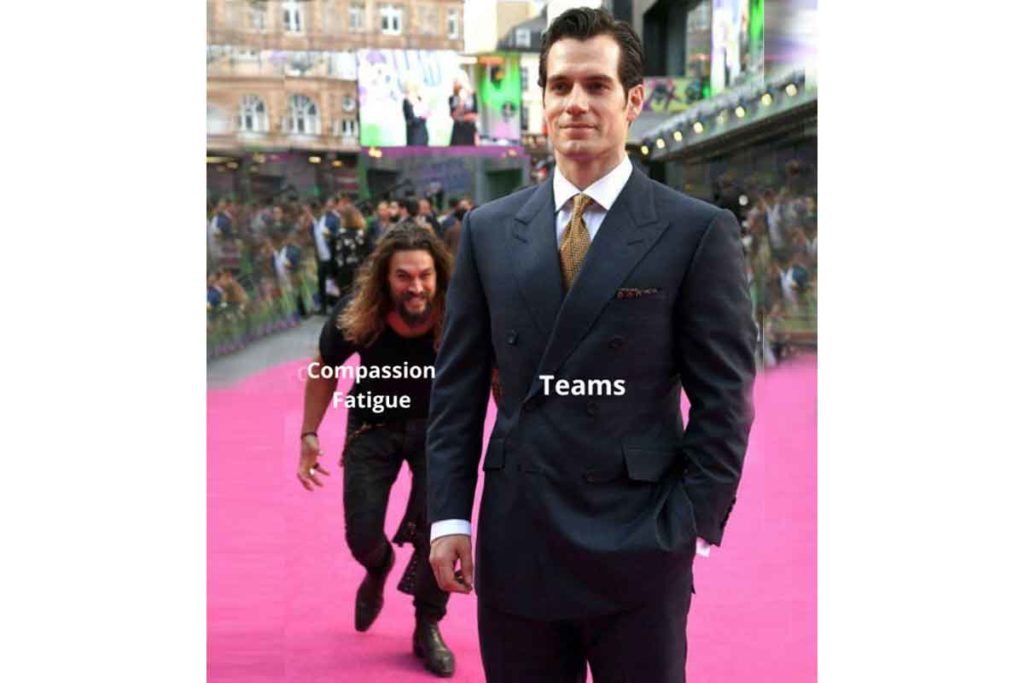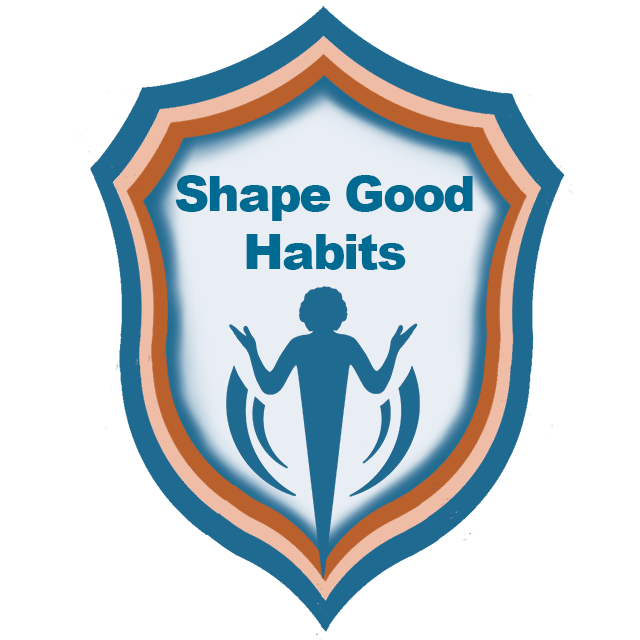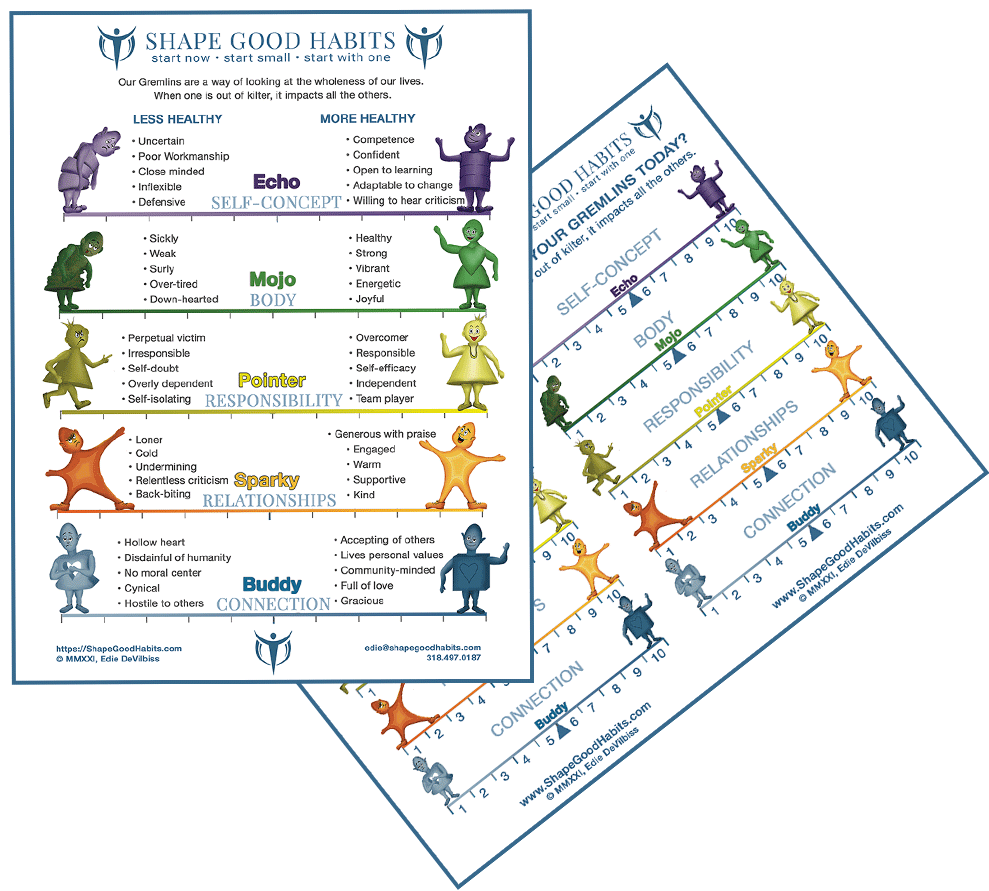Compassion Fatigue is the number one health challenge in work that puts you in contact with other people’s pain, or crisis, or trauma. Or even drama. The relentless incoming negativity begins to take a toll. Emergency services, the medical community, mental health providers and others are vulnerable.
Emergency communications personnel, our heroes in 9-1-1, are particularly impacted by this phenomenon.
Difficult to Recognize
One of the problems is that it is really hard to recognize, because the effects tend to creep up into a person’s life.
What we observe is that people who used to be friends, or at least friendly, are at each other’s throat at work. Or, formerly reliable employees begin to use up sick time like they are chewing up cheese puffs.
If we are the supervisor, we are suddenly surrounded by what appears to be a middle school class of mean girls and bullies.

Staffing Shortages
This is the root of the staffing shortages that we see in PSAP’s throughout the nation.
Supervisors and Comm Center directors brag about being “only down two” even when a full staff is only 14. That’s 14% of the workforce. (We won’t bring up that most staffing levels are woefully inadequate for the coverage needed.)
Others are feeling hopeless and helpless. Their staffing shortage are so overwhelming, they are struggling that they have to mandate 16-hour shifts.
Teams Destroyed
One of the tragedies of Compassion Fatigue is that it destroys teams.

If a co-worker makes a mistake, we have a choice of how we think about it. If the person is someone we believe is in our circle, we will say it’s a mistake and overlook it. But if the person is in an “out group”; we are likely to say that their error is a character defect.
People feel compelled to share their judgement of the person and their mistake.
This leads to gossip and back-biting.
These behaviors lead to hurt feelings and an overwhelming sense of negativity in the work group. It is likely that those involved are not bad or immature people, they are suffering emotionally and expressing it in relationships.
Hope
There is hope though! We can choose to be aware of the hazards. We can choose to work together to maintain each person’s well-being. And, we can choose to work together with a high level of respect and compassion.
It is simple. Not easy, but simple.
YouTube VIDEO for this blog
* * * COMING SOON * * *




